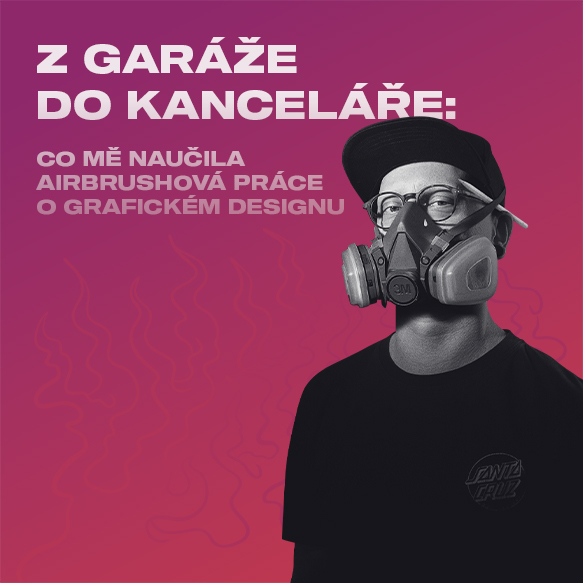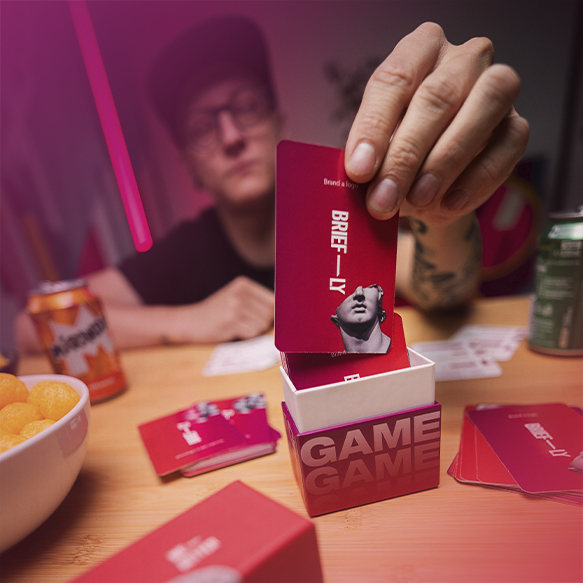Copywriter's hell, or what to avoid in your texts
There are things that, when a good copywriter hears or sees them, make their eyes roll, the corners of their mouth twitch into an unwanted smirk, and maybe even give them goose bumps. That's why we're constantly surprised by how often these bad habits appear.
Here are 5 copywriting red flags that we definitely do not tolerate at WeBetter. And you shouldn't want them in your texts either.
1. Your vague "solution"
This word sounds like something important, but it actually says nothing at all. What is the customer supposed to imagine when they hear "mobility solution"? Tell them straight up what you offer. For example, shared bikes for companies and cities. Because we can all easily imagine a bike, a company, and a city, and simply connect the service offered with our needs.
2. "More than just..." and other copy clichés
More than just coffee. More than just an app. More than just a brand. How about trying something more than just a phrase that no longer impresses anyone? If your product really is more, let people know with proof, a story, emotion. That's what customers respond to.
3. Promises without proof
The same goes for all the "best" claims. We are the best, the fastest, the most reliable. Says who? Without reviews, case studies, or real numbers, it sounds like an empty message. And we know how those (don't) work. If you make a claim, back it up. Nowadays, it's not enough to just make promises. You need to build trust. And it is trust that gives your brand a chance to stand out.
4. We, we, we... and the customer is nowhere to be found
Brands like to talk about themselves. Especially large corporations that have already achieved a lot. We have been on the market since XY, we have an experienced team of experts and our own, deeply thought-out philosophy. But what does the customer get out of it? Next time, try turning your successes around and instead of saying, "We've been on the market for 25 years," say something like, "We've been helping people live in their own homes for 25 years."
5. Overly formal language for brands that want to be human
"More," "also," "too," or even "or." Does that sound like something a brand that sells lifestyle would say? Probably not. The language a brand uses should match its personality. If it wants to be natural, friendly, and relaxed, it shouldn't write like our elementary school English teacher. Let's write the way we speak. And when we're not sure, let's read it aloud. That way, we can usually tell right away where it's not working.
Are we clear on this?
Copywriting is definitely not about having text that looks like it was cut out of a language guide. Your texts should resonate, entertain, inspire, evoke emotions, and, last but not least, sell.
Not sure how to do it? Get in touch with us! At WeBetter, we know that every word has weight, so it never falls on deaf ears.




